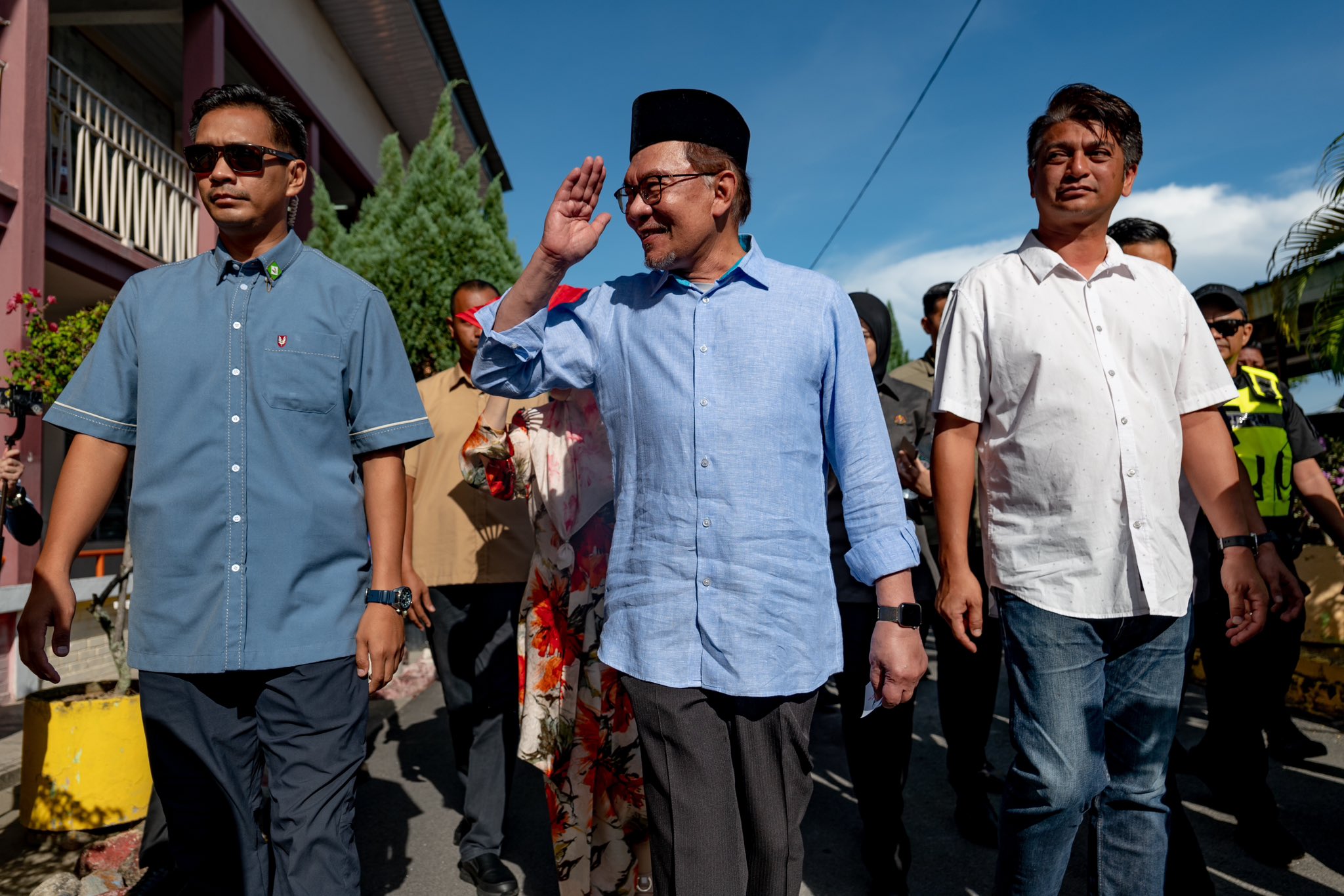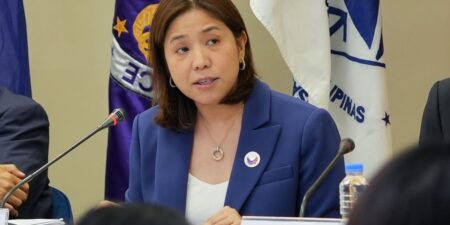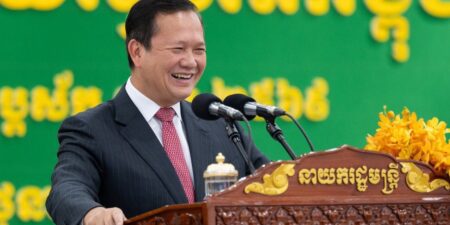The BGA Malaysia Team led by Managing Director Hazree Turee, wrote an update to clients on Malaysia’s recent state elections.
Context
- Malaysian Prime Minister Anwar Ibrahim faces a divided nation following the August 12 elections in six states. Anwar’s unity coalition, which contains Pakatan Harapan (PH) and the UMNO-led Barisan Nasional (BN), was wiped out in the Malay belt states of Kedah, Terengganu and Kelantan. At the same time, the opposition Perikatan Nasional (PN) made inroads by winning Malay-majority seats in the PH strongholds of Selangor and Penang.
- The election results largely followed voting patterns in the general election, in which PN won 74 of 222 seats in Parliament. The federal opposition bloc, led by former Prime Minister Muhyiddin Yassin and backed by a conservative Islamist party, had a strong showing and retained the states of Kedah, Kelantan and Terengganu. The unity coalition secured the key battleground states of Penang, Negeri Sembilan and Selangor, albeit with reduced majorities.
Significance
- The election results will not directly impact Anwar’s two-thirds majority in Parliament, but they were widely seen as a referendum on his nine-month-old coalition government. This is the first time the PH-BN alliance was tested in an election after overcoming decades of hostility to form the federal government in the wake of last November’s general election and the country’s first hung Parliament.
- PH had relied on UMNO to poach the Malay vote from the PN coalition; however, UMNO did not fare well in the elections, winning only 19 out of the 107 seats contested. UMNO’s weak performance is likely due to dissatisfaction among its electoral grassroots over persistent corruption scandals involving its leadership. Previous surveys have shown that Malay voters, particularly the youth, are drawn to the Islamic credentials of the PN coalition more than the multiracial and liberal image the PH-BN the partnership projects.
Implications
- Businesses can expect policy continuity in the coming months; however, cooperation between the federal and opposition-controlled state governments could experience delays.
- The unity coalition’s success in retaining the key industrial states of Selangor, Penang and Negeri Sembilan has raised its confidence to press ahead with key reform proposals. These include the rationalization of electricity and fuel subsidies, which the unity government claims are necessary to rein in the ballooning federal budget.
We will continue to keep you updated on developments in Malaysia as they occur. If you have any questions or comments, please contact BGA Malaysia Managing Director Hazree Turee at hturee@bowergroupasia.com.
Best regards,
BGA Malaysia Team


























